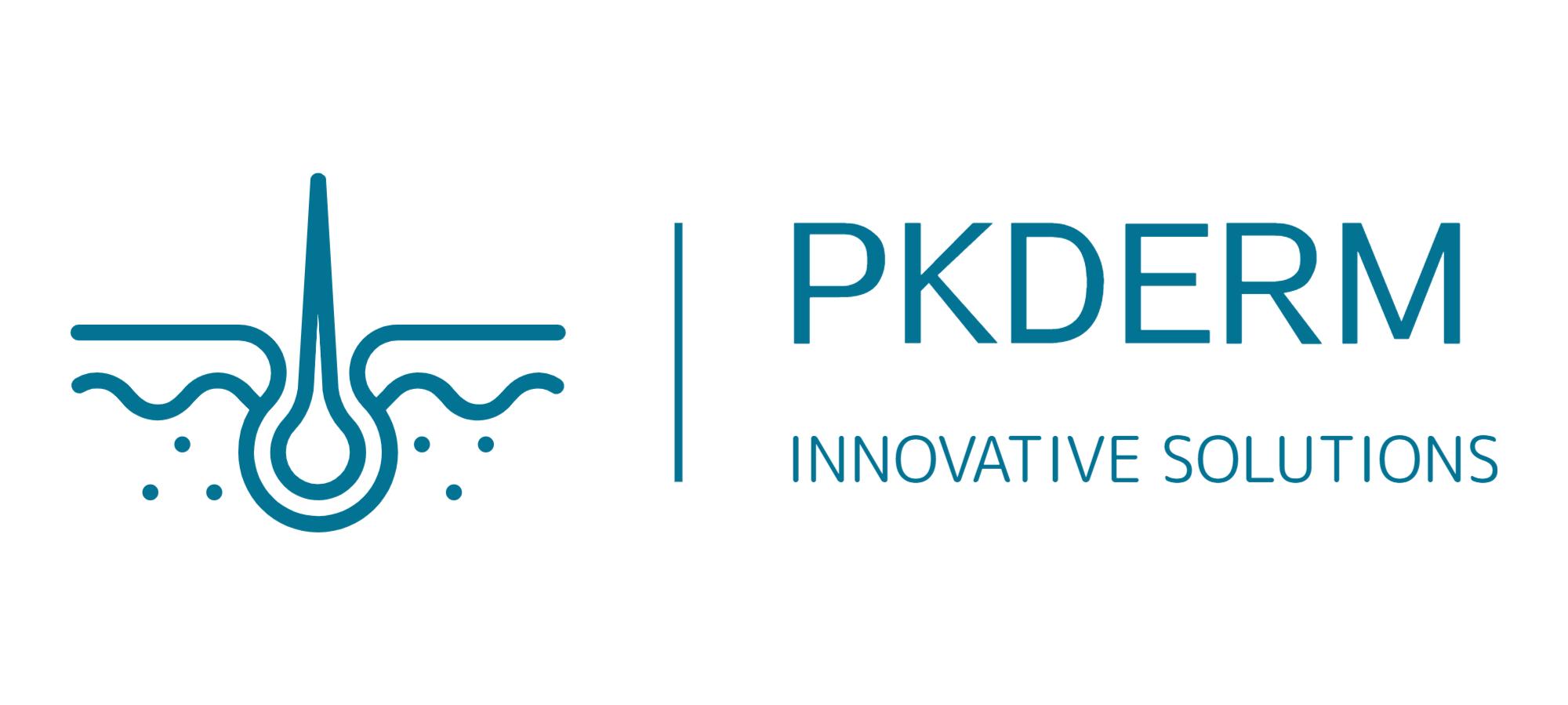OpenTox Virtual Conference 2021 Session 5
On the journey towards individualized risk-benefit prediction: cardiac safety assessment as a case study showing the potential of an integrative approach
Adverse drug events (ADE) can present a major burden to patients and health care, potentially account for 5% of hospital admission in Europe, 197,000 deaths per year in the European Union, and an estimated cost to society of €79 billion (Giardina et al. 2018). Individual drug responses are one of the major causes of ADE. The one-size-fits-all view on the therapeutic window ignores important individual variabilities such as comorbidities, genetic predisposition, and co-medications and can fail to estimate the idiosyncratic ADE risk for patients. Better predictive approaches are needed to guide the patient-centric individualized risk-benefit assessment which is important not only for drug discovery and development but can also support clinical decision making. A possible way forward can be illustrated with the integrative approach to predict drug-induced pro-arrhythmic risk. This approach combines a physiologically detailed computational model with in vitro data (e.g. functional data of cardiac ion channels and cardiomyocytes), clinical data (e.g. ECG), and real-world data (RWD) to identify the drug-related risk and patient specific risk. With further advancement of computational and in vitro models and further improvement of RWD quality and information content, this approach can be further generalized to predict other drug-induced toxicities.
Giardina et al. (2018) Adverse drug reactions in hospitalized patients: results of the FORWARD (Facilitation of Reporting in Hospital Ward) Study. Front. Pharm. 9:350.10.3389/fphar.2018.00350


